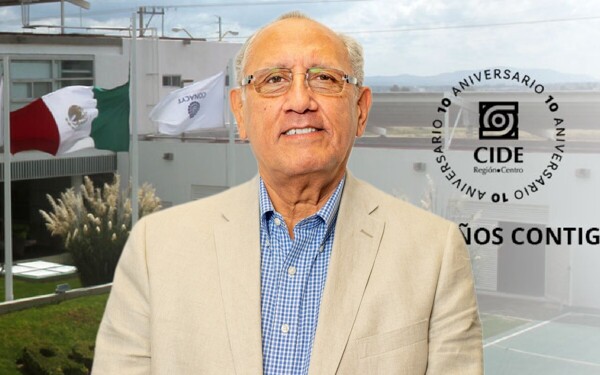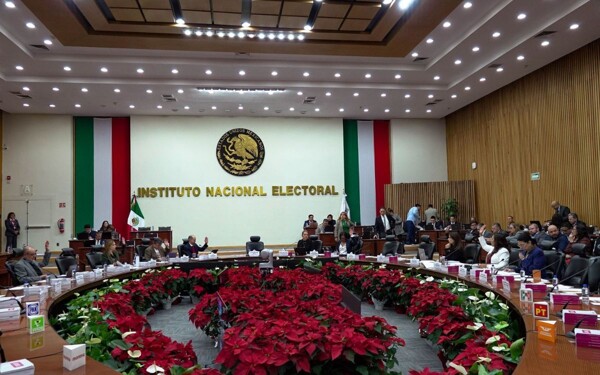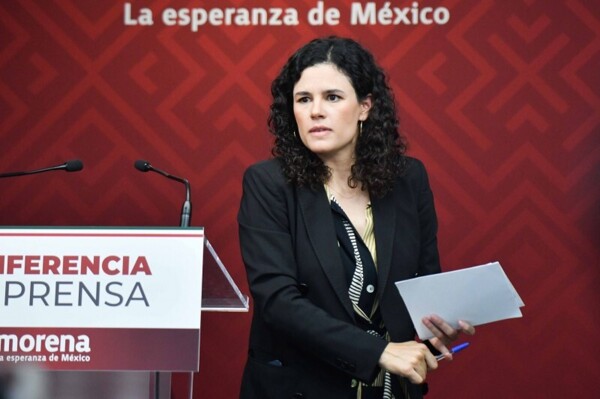
The discussion in the Chamber of Deputies regarding the approval of the National Law to Eliminate Bureaucratic Procedures has generated conflicting positions among political parties in Mexico.
Deputy Irais Virginia Reyes De la Torre, from the emecista party, expressed her concern that this reform could exert authoritarian control over the digital transformation in the governmental sphere, concentrating excessive power. In contrast, Deputy Verónica Martínez García from the PRI considered that the law presents a control instrument that affects federalism, dangerously empowering the Digital Transformation Agency and generating a citizen digital file that will collect all personal information of Mexicans.
On the other hand, Deputy Héctor Saúl Téllez from the PAN opined that the law seeks to strengthen a supposed espionage agent in the country, and does not aim to simplify bureaucratic procedures, but rather to control and digitally spy. In response to these criticisms, Morena deputy Claudia Rivera Vivanco defended the legislation stating that it aims to modernize public administration, streamlining procedures and requirements to be completed digitally, with the goal of significantly reducing bureaucratic burdens.
The ruling majority, composed of the Morena, PT, and PVEM parties, achieved the approval of the creation of 'Llave MX' and the National Law to Eliminate Bureaucratic Procedures in the Chamber of Deputies, sending the document to the Senate for discussion and eventual approval. The new law repeals the General Law of Regulatory Improvement of the previous government, as well as abolishing the National Commission for Regulatory Improvement.
The regulation, promoted by President Claudia Sheinbaum, includes changes in several articles so that the recommendations from the national authority for simplification and digitization are only binding for the Federal Public Administration, without affecting municipalities. The law also establishes the creation of the National Repository of Public Technology, the digital identification through 'Llave MX', and the implementation of the Unique Citizen Portal for Procedures and Services.
However, critics such as Deputy Francisco Pelayo Covarrubias from the PAN questioned the centralization of power in a single agency without independent oversight, citizen control mechanisms, or effective audits.














